Several wounded as Lebanon army attempts to unblock roads in Beddawi
Several people have sustained injuries during clashes between a group of protesters and Lebanese army forces when the latter sought to open a blocked road as people poured back onto streets and squares across Lebanon on the tenth day of anti-government demonstrations over the country's economic crisis.
The Lebanese army said in a statement that the incident took place in the northern town of Beddawi, located about five kilometers (3.1 miles) north of Tripoli, on Saturday, when a number of civilians tried to get through a road blocked by protesters with their cars.
The statement added that when “an army unit tried to intervene ... rocks and fireworks were thrown at them,” which prompted the soldiers to “shoot into the air and [fire] rubber bullets.”
The statement noted that five army soldiers were wounded in the skirmishes. It did not mention the number of civilians wounded.
Separately, the Lebanese Red Cross said it had taken three wounded people to hospital to receive necessary medical treatment, without providing further details.
Despite army efforts to unblock roads, there is apparently no end in sight to a crisis that has crippled the country more than a week, and kept banks, schools, and many businesses shut.
“We won't leave the streets because this is the only card that people can pressure with. We won't leave until our demands are met,” said Yehya al-Tannir, an actor protesting at a makeshift barricade on a main bridge in Beirut.
EU voices support for Lebanese PM's economic reforms
Meanwhile, the European Union has expressed support for the package of reforms agreed by the Lebanese government earlier in the week.
“The European Union is a close long-term partner of Lebanon and has followed with great attention the events taking place in the past days. The EU stands with Lebanon and is committed to the stability of the country and the region,” the 28-member bloc said in a statement.
“The EU supports the reform objectives that Prime Minister (Saad) Hariri and the Government have outlined.
“We are confident that the authorities will respond swiftly and wisely to legitimate aspirations of the Lebanese people by implementing much-needed and long-awaited structural and transformative reforms,” the statement also read.
The approved reforms include cutting in half the salaries of some current and former politicians, abolishing the Ministry of Information and other obsolete state institutions and reforming the listless state-run power sector.
Growth in Lebanon has plummeted in the wake of endless political deadlocks and an economic crisis in recent years.
The country hosts 1.5 million Syrian refugees, and their presence is often blamed for putting pressure on the already struggling economy.
Unemployment stands at more than 20 percent, according to official figures.
The Lebanese Finance Ministry says the national debt is hovering around $85 billion, which accounts for more than 150 percent of the gross domestic product (GDP).
Successive governments have failed to address a waste management crisis or improve the electricity grid, which is plagued by daily power cuts.
Israeli keeps killing more Palestinian civilians in Gaza amid relentless ceasefire violations
Aliyev: Azerbaijani territory will not be used for threats against Iran
Turkey arrests two on charges of spying for Israeli regime
Iran FM declares ‘good start’ as US–Iran talks conclude in Muscat
Iran strongly condemns 'terrorist' mosque blast in Islamabad
Iran enters talks backed by national power, popular support: MP
France, UK involved in assassination of Muammar Gaddafi's son: Reports
Shia mosque explosion in Islamabad kills more than 30, injures over 160





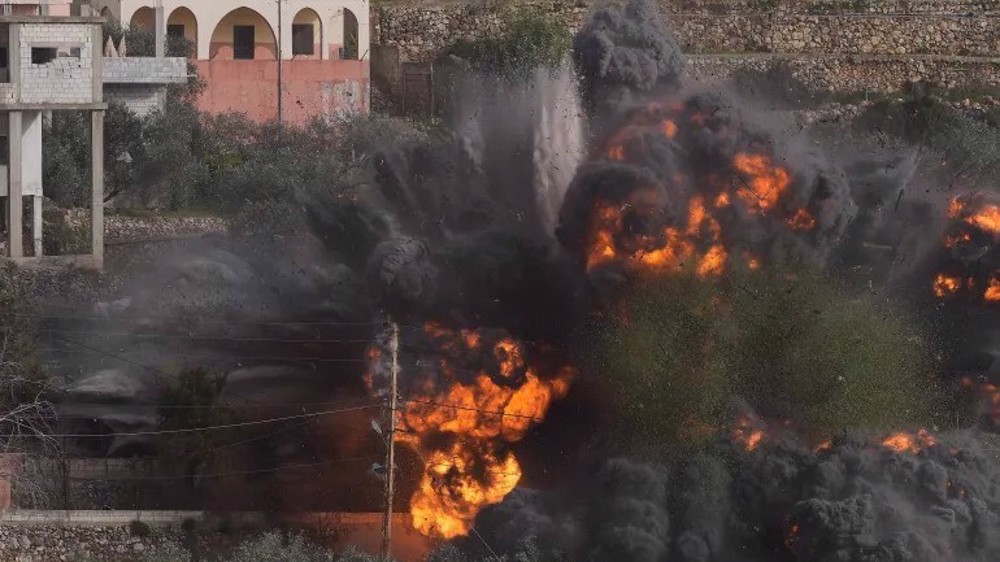
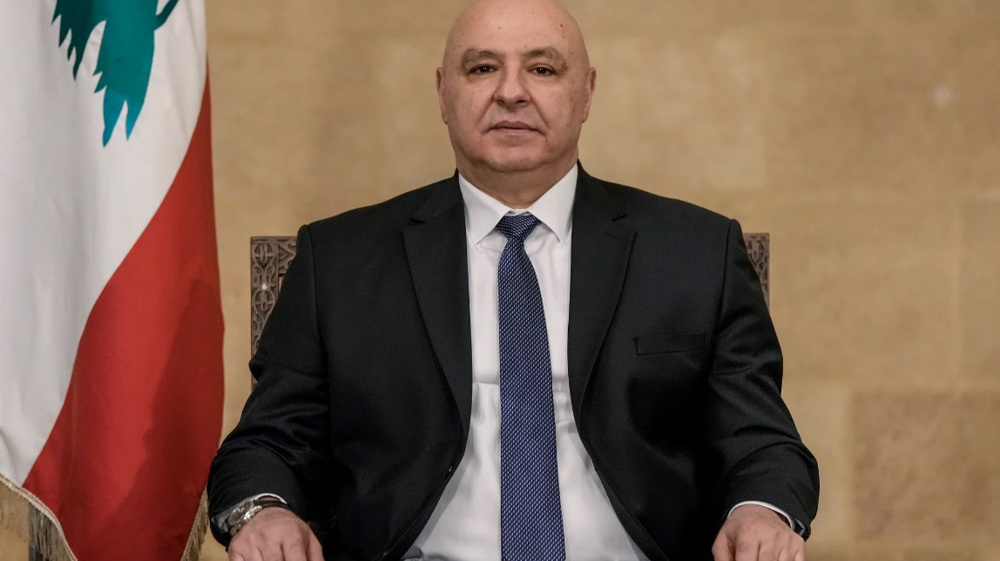
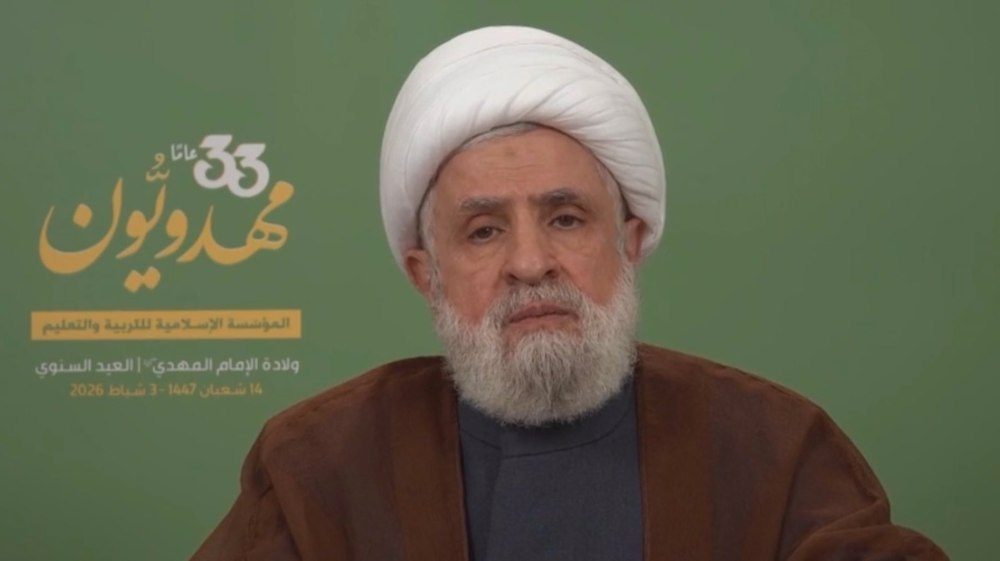



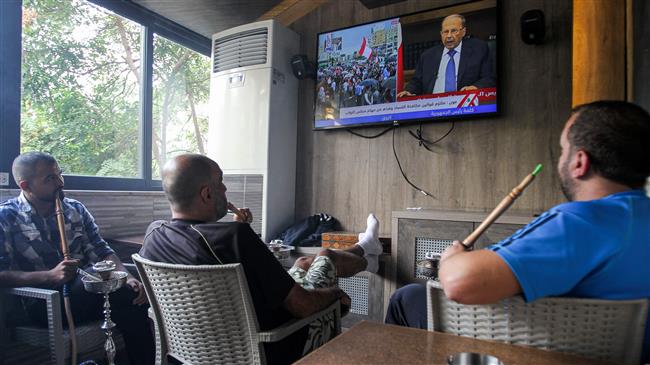
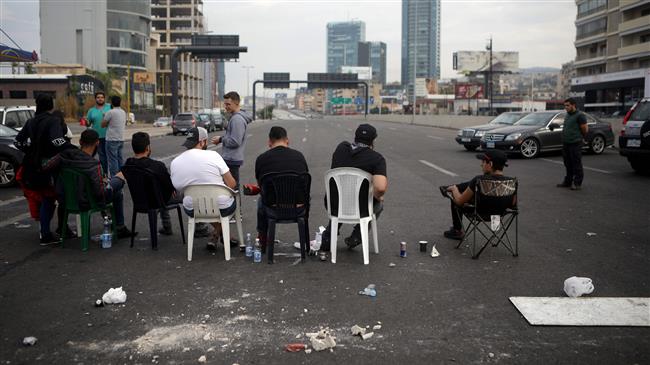
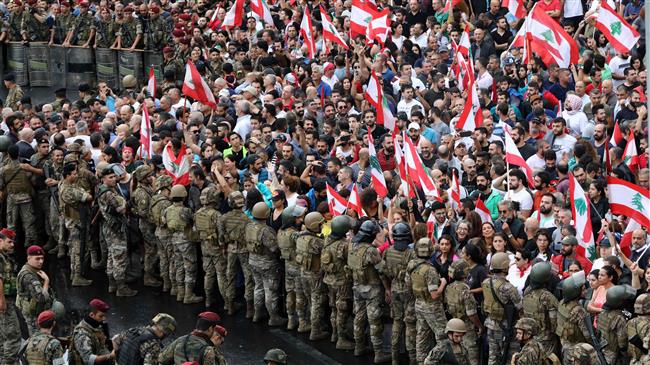
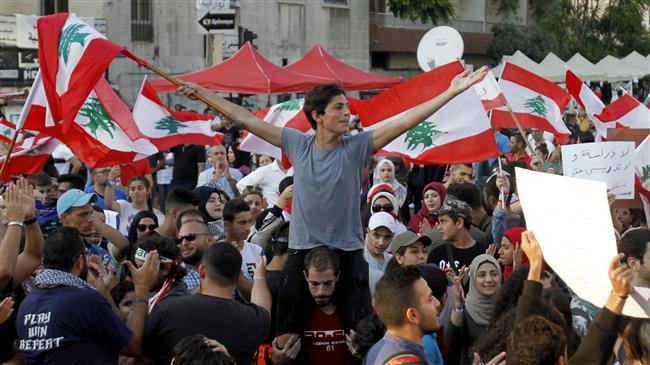
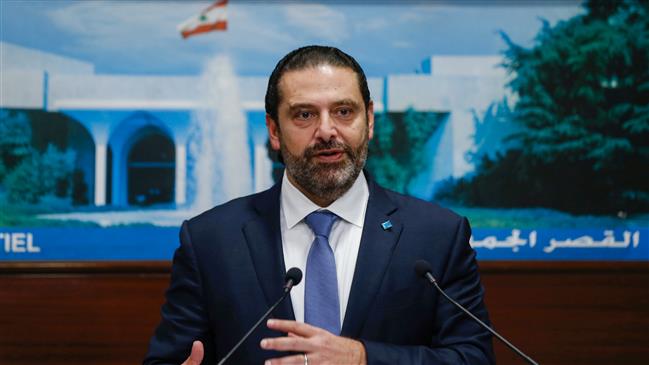


 This makes it easy to access the Press TV website
This makes it easy to access the Press TV website